|
ID |
Nickname |
Country / City |
Languages |
Taxonomies |
Comment |
Project / Group |
Map |
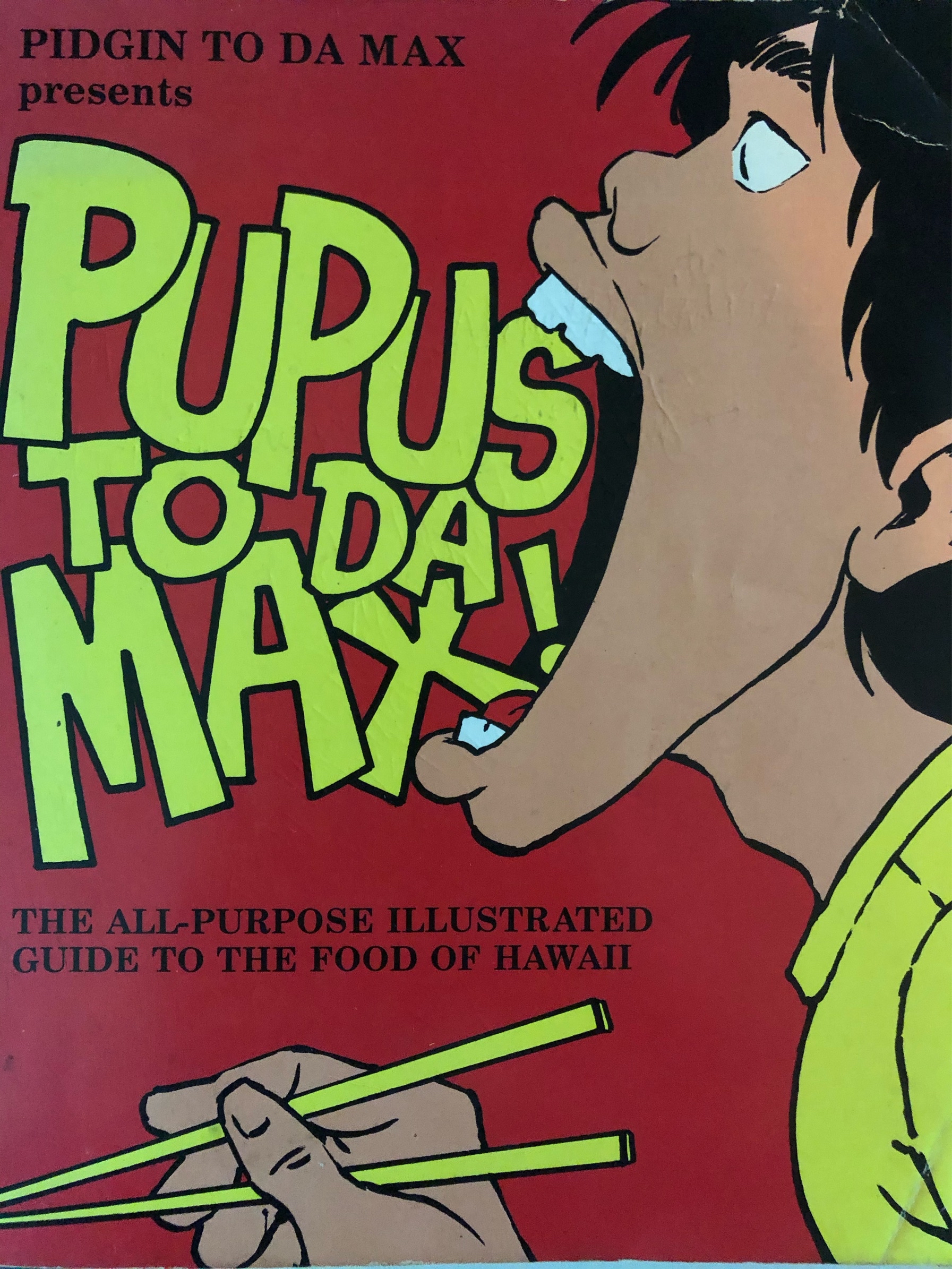
|
25911
|
|
United States
Haleiwa
|
|
|
Guide to the food of Hawaii. Symbolic synthetic as it’s meant for people unfamiliar with where to eat or can’t decide. JAS
|
Multilingual Hawaiʻi
|
|
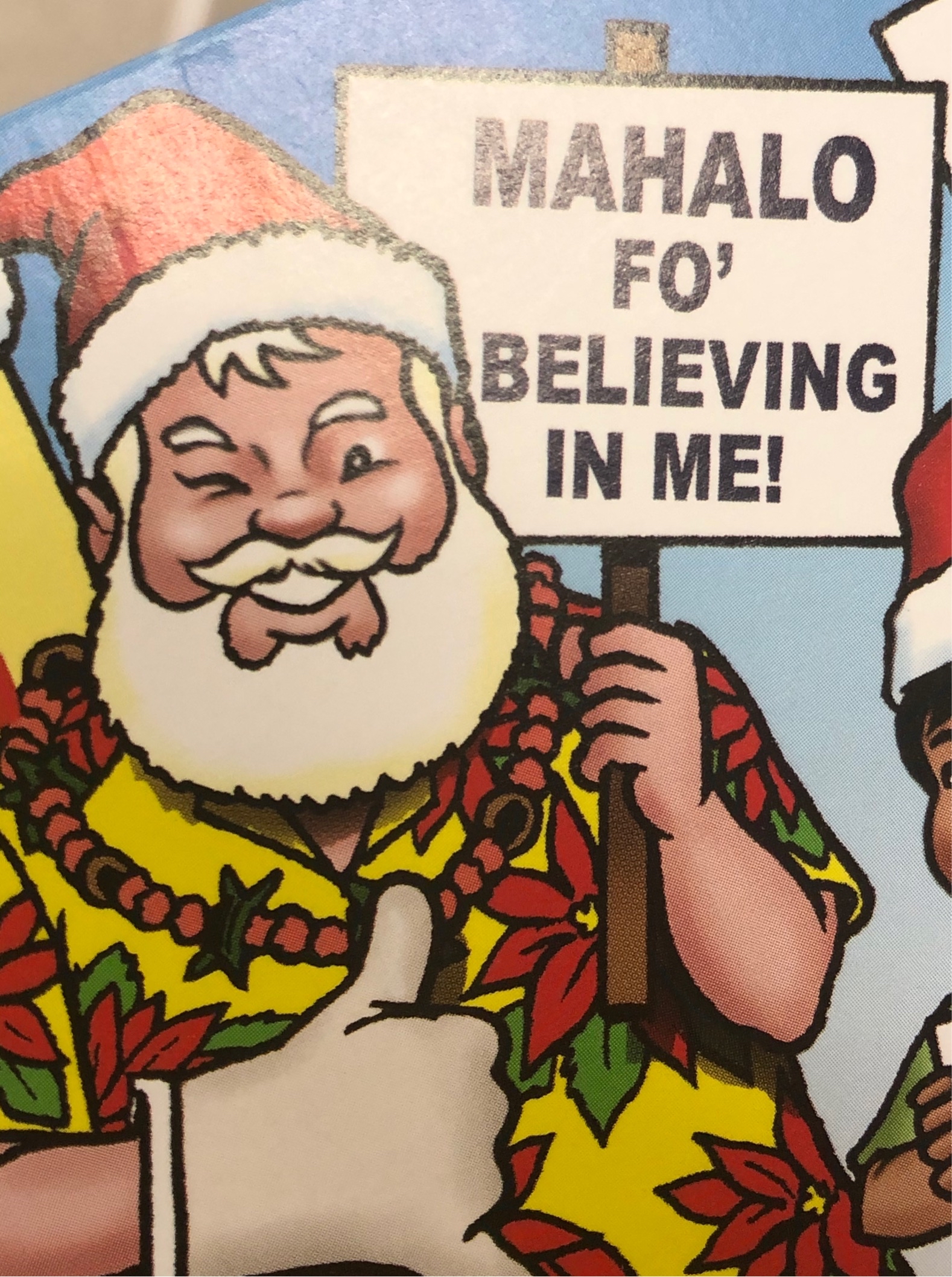
|
25910
|
|
United States
Mililani
|
|
|
Christmas. card from longs drugs. Symbolic synthetic. Don’t know anyone who says this to someone on Christmas. JAS
|
Multilingual Hawaiʻi
|
|
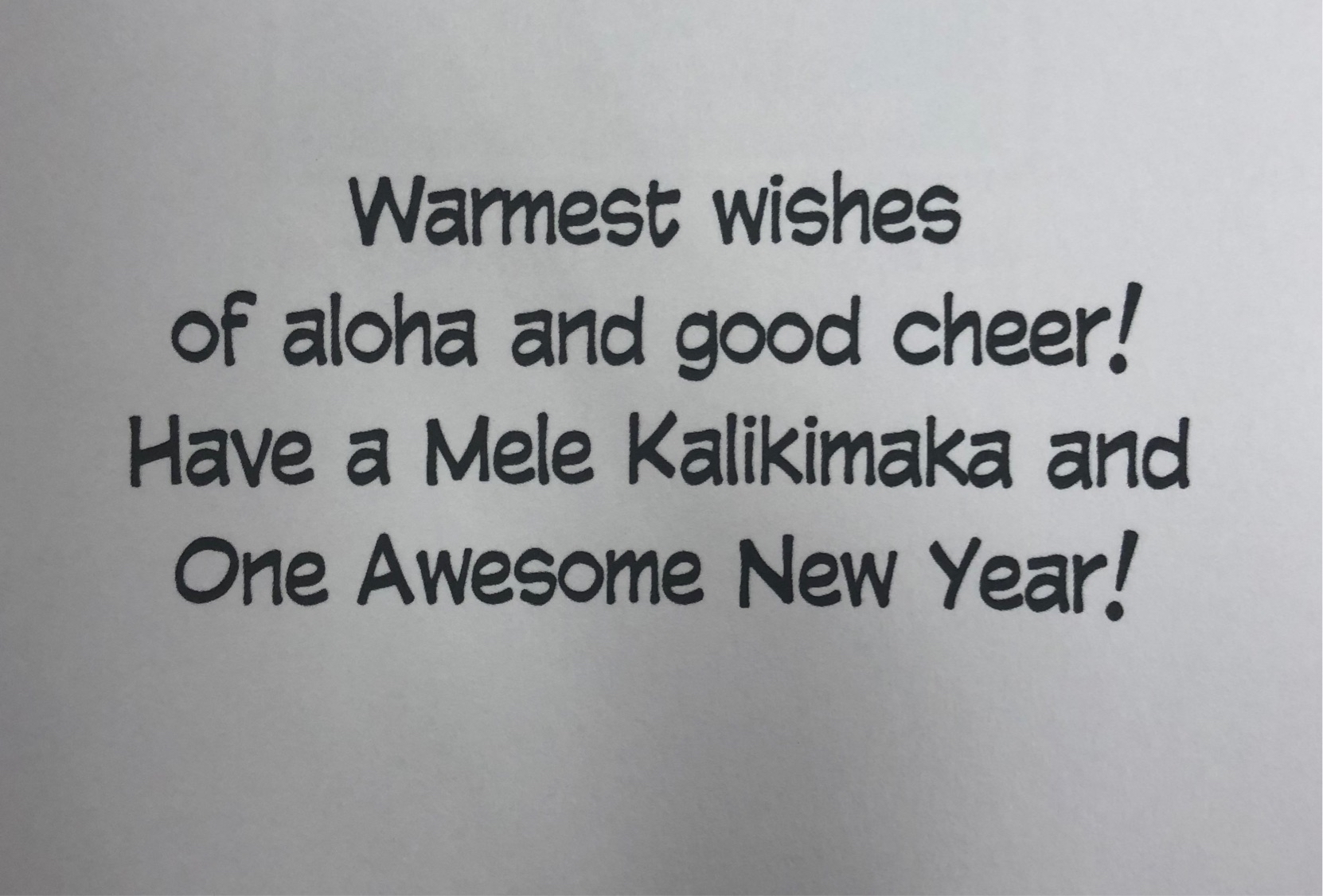
|
25909
|
|
United States
Mililani
|
|
|
Christmas card found in longs drugs. Can be both symbolic synthetic or authentic. JAS
|
Multilingual Hawaiʻi
|
|
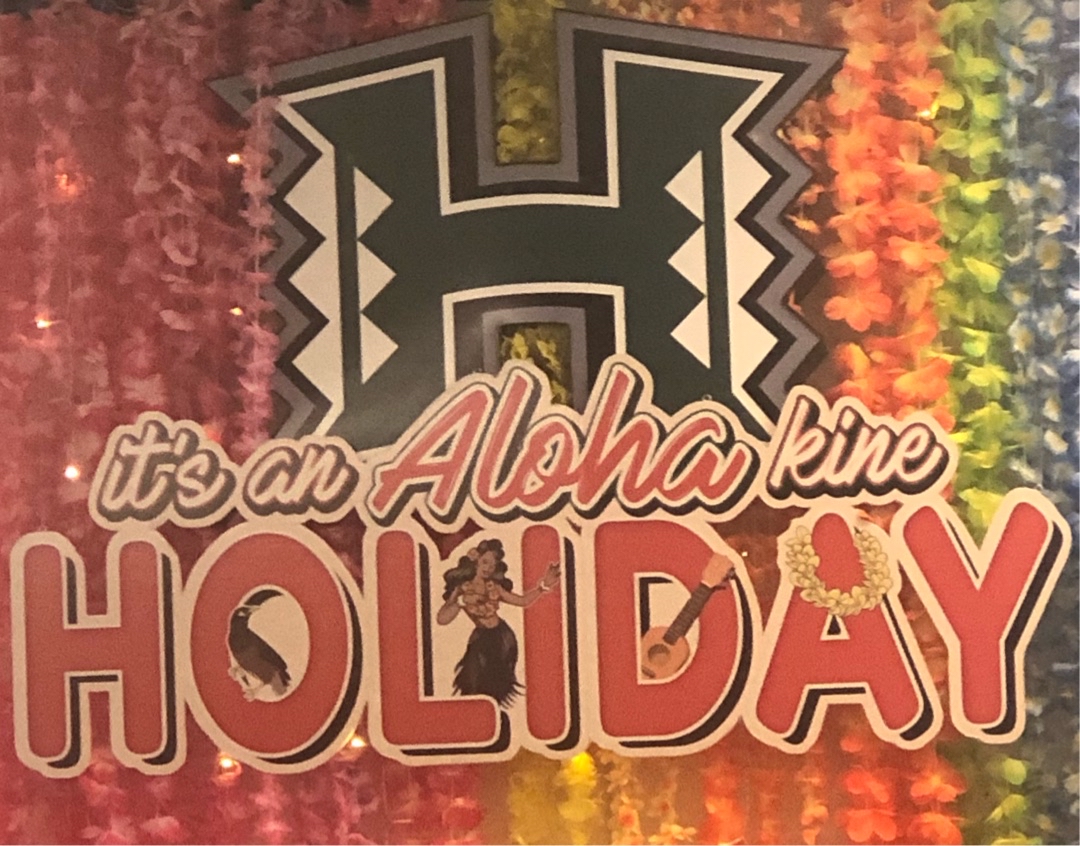
|
25908
|
|
United States
Honolulu
|
|
|
This sign is symbolic synthetic. It is used to try and sell leis at the bookstore. JAS
|
Multilingual Hawaiʻi
|
|

|
25907
|
|
United States
Honolulu
|
|
|
This sign is symbolic authentic. Outsiders may not know what holoholo means, which is to go cruising, or go out for fun. JAS
|
Multilingual Hawaiʻi
|
|
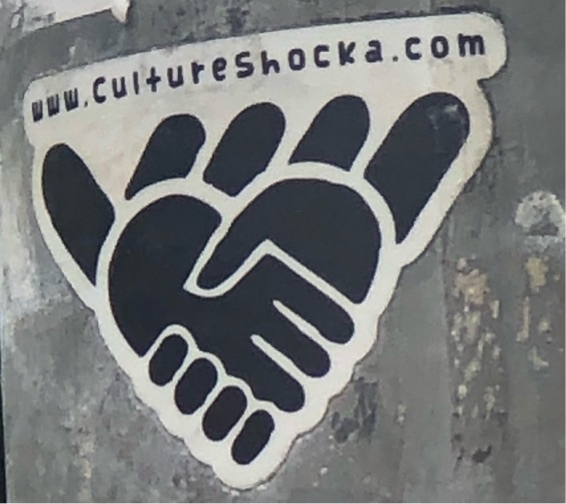
|
25906
|
|
United States
Honolulu
|
|
|
This is an expressive sign that is also symbolic-synthetic meant to share the culture of Hawaii with outsiders. JAS
|
Multilingual Hawaiʻi
|
|
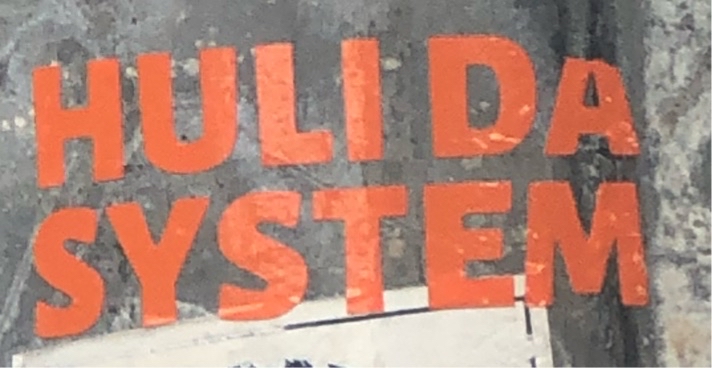
|
25905
|
|
United States
Honolulu
|
|
|
“Huli da system” is an expressive type of linguistic landscape that is meant to share political sentiment that the system or government is turned on its head. J. A. S
|
Multilingual Hawaiʻi
|
|
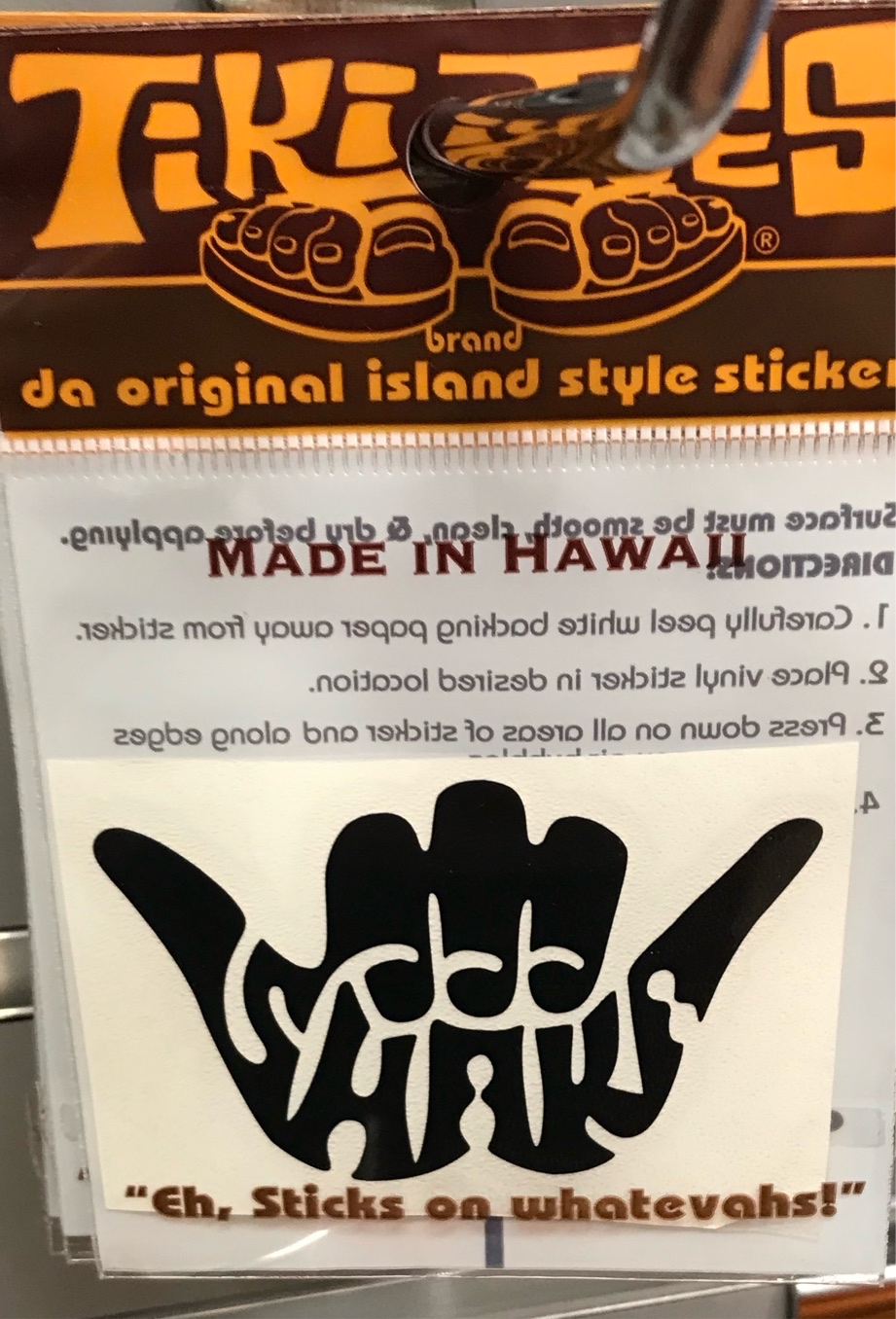
|
25787
|
|
United States
Honolulu
|
|
|
“EH, sticks on whatevahs” means “it sticks on whatever (anything)”. It sounds authentic but is more aimed at tourists, so it is synthetic.
|
Multilingual Hawaiʻi
|
|
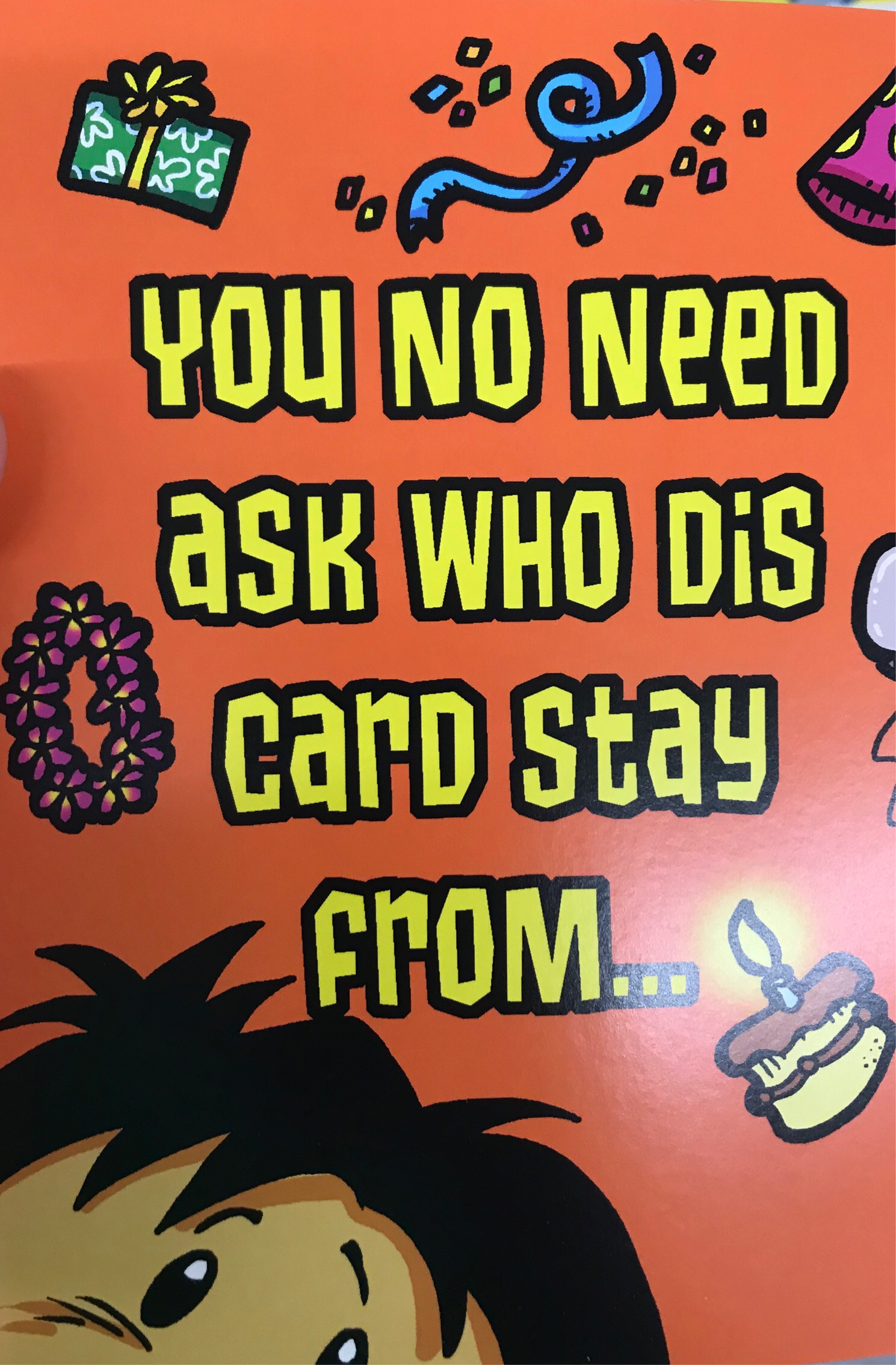
|
25175
|
|
United States
Kapolei
|
|
|
This card is a symbolic-authentic. It is meant to be read on pidgin and would be more used between locals than outsiders.
|
Multilingual Hawaiʻi
|
|
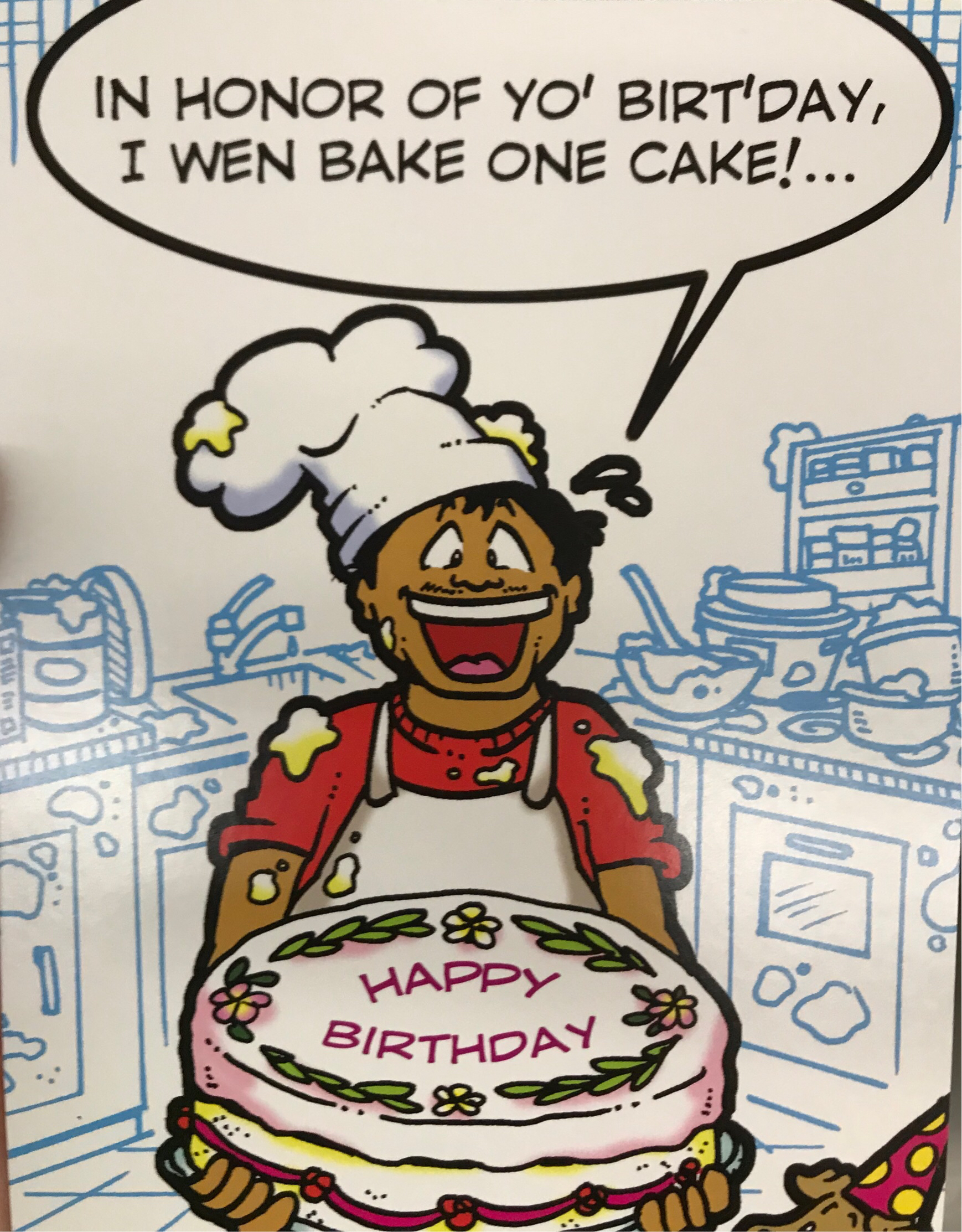
|
25174
|
|
United States
Kapolei
|
|
|
This is a mix of pidgin and english. “I wen bake one cake” is pidgin for “i baked you a cake”. This card could be classified as symbolic-authentic because it establishes emotions when read in pidgin.
|
Multilingual Hawaiʻi
|
|
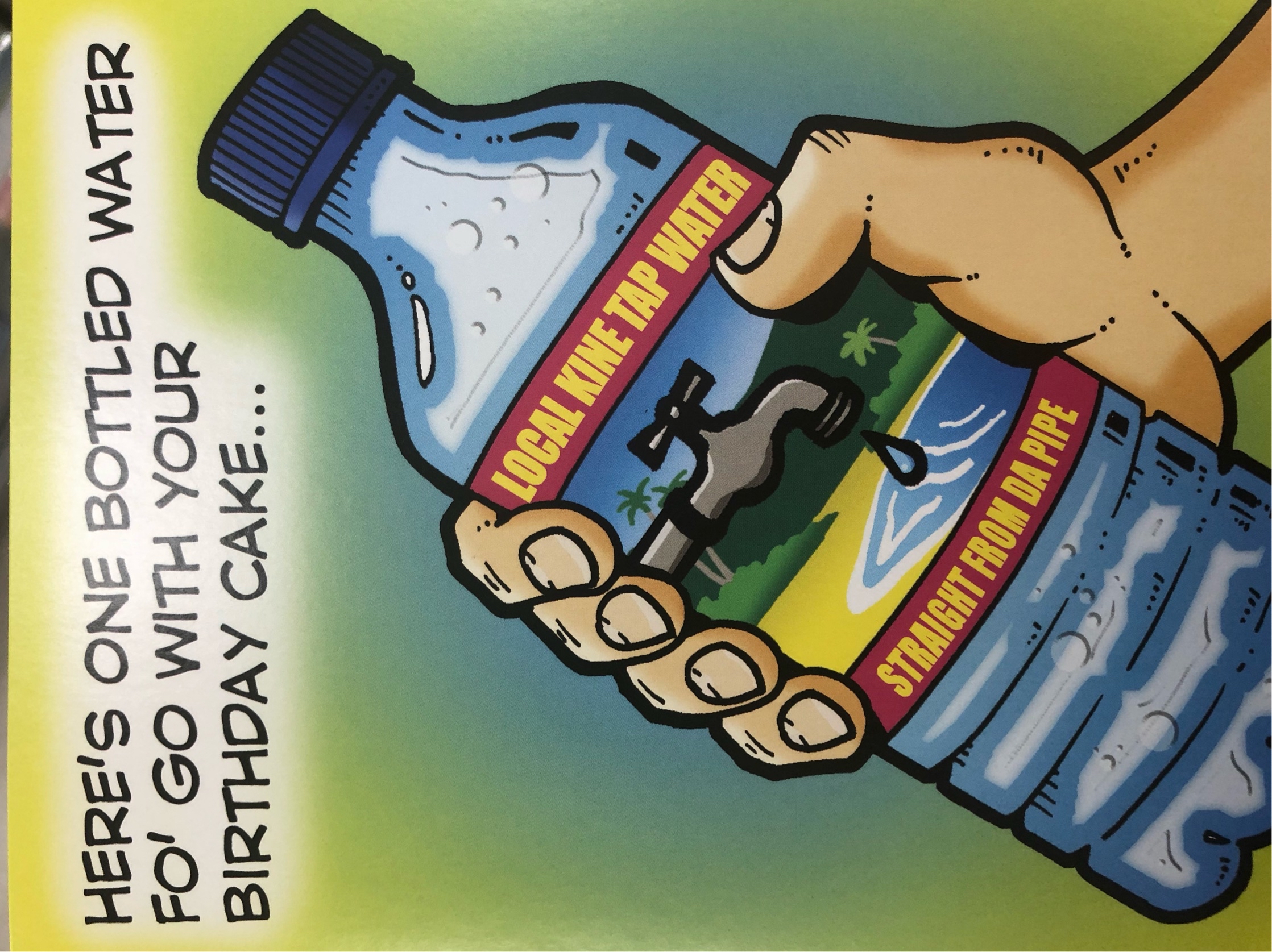
|
25092
|
|
United States
Honolulu
|
|
|
Birthday card at longs drugs. Symbolic authentic. J.A.S
|
Multilingual Hawaiʻi
|
|
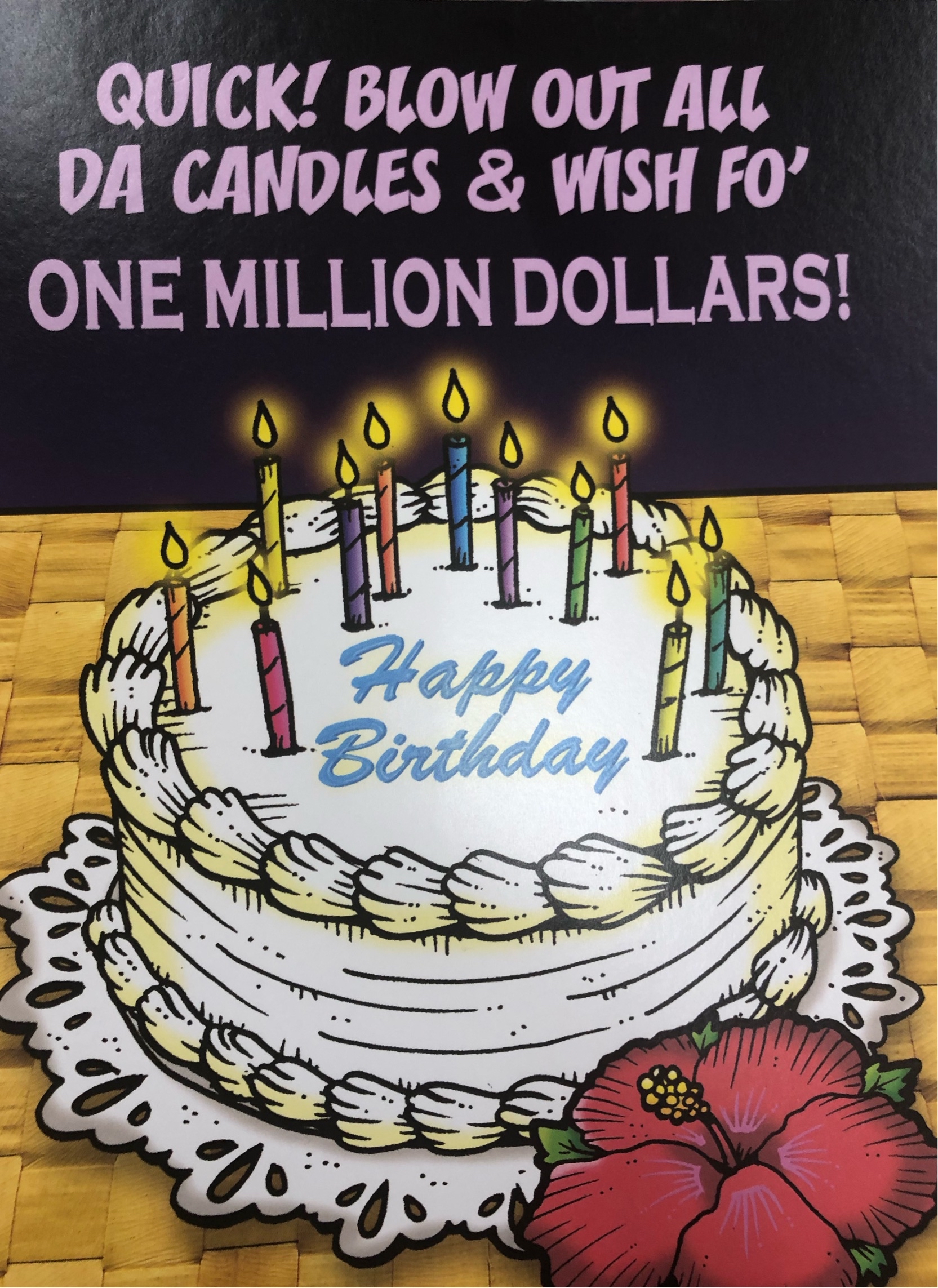
|
25090
|
|
United States
Honolulu
|
|
|
Birthday card. Symbolic-authentic. J.A.S.
|
Multilingual Hawaiʻi
|
|
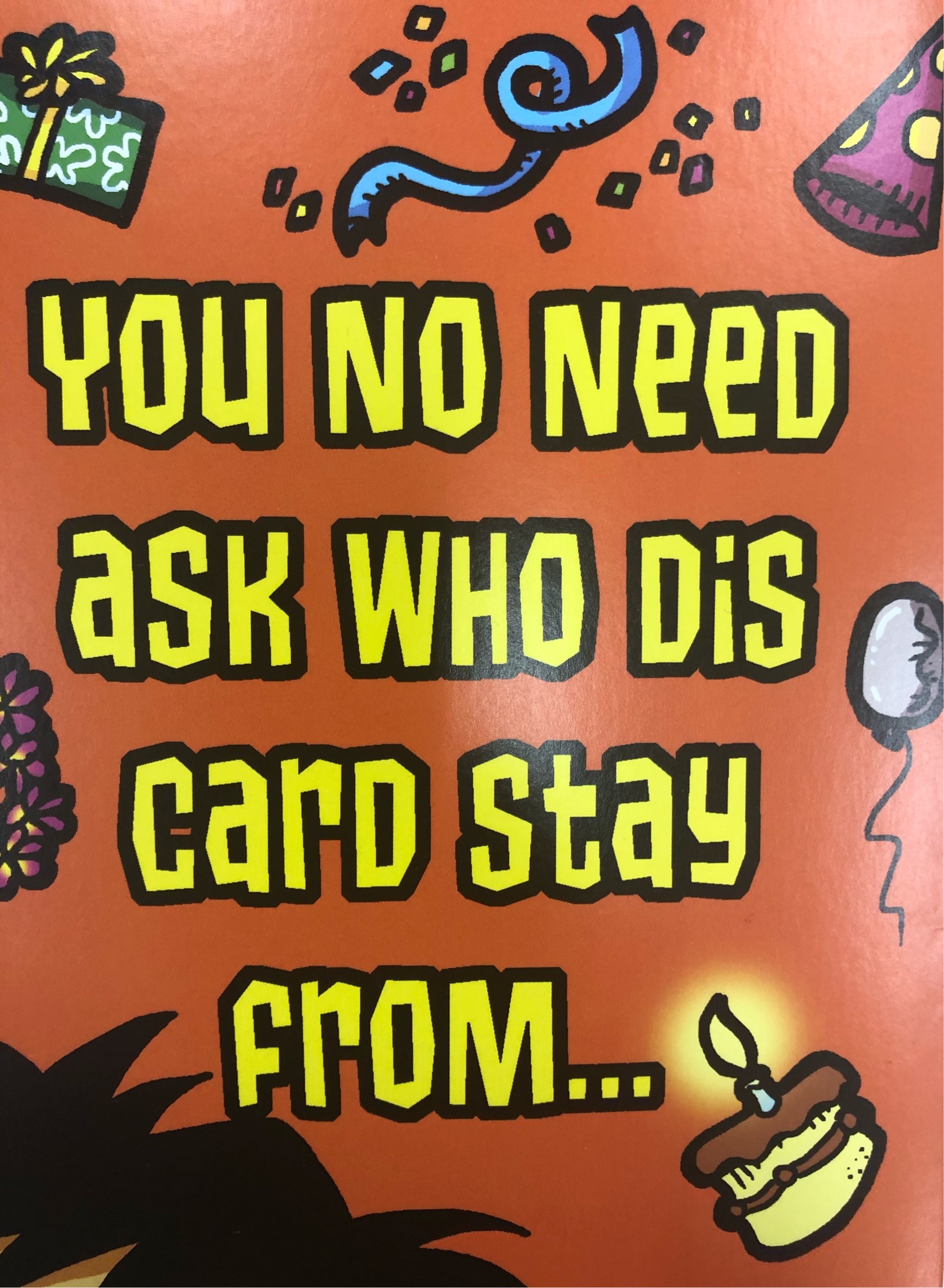
|
25089
|
|
United States
Honolulu
|
|
|
Implies you already know who gave you this card. Authentic-symbolic. J.A.S
|
Multilingual Hawaiʻi
|
|
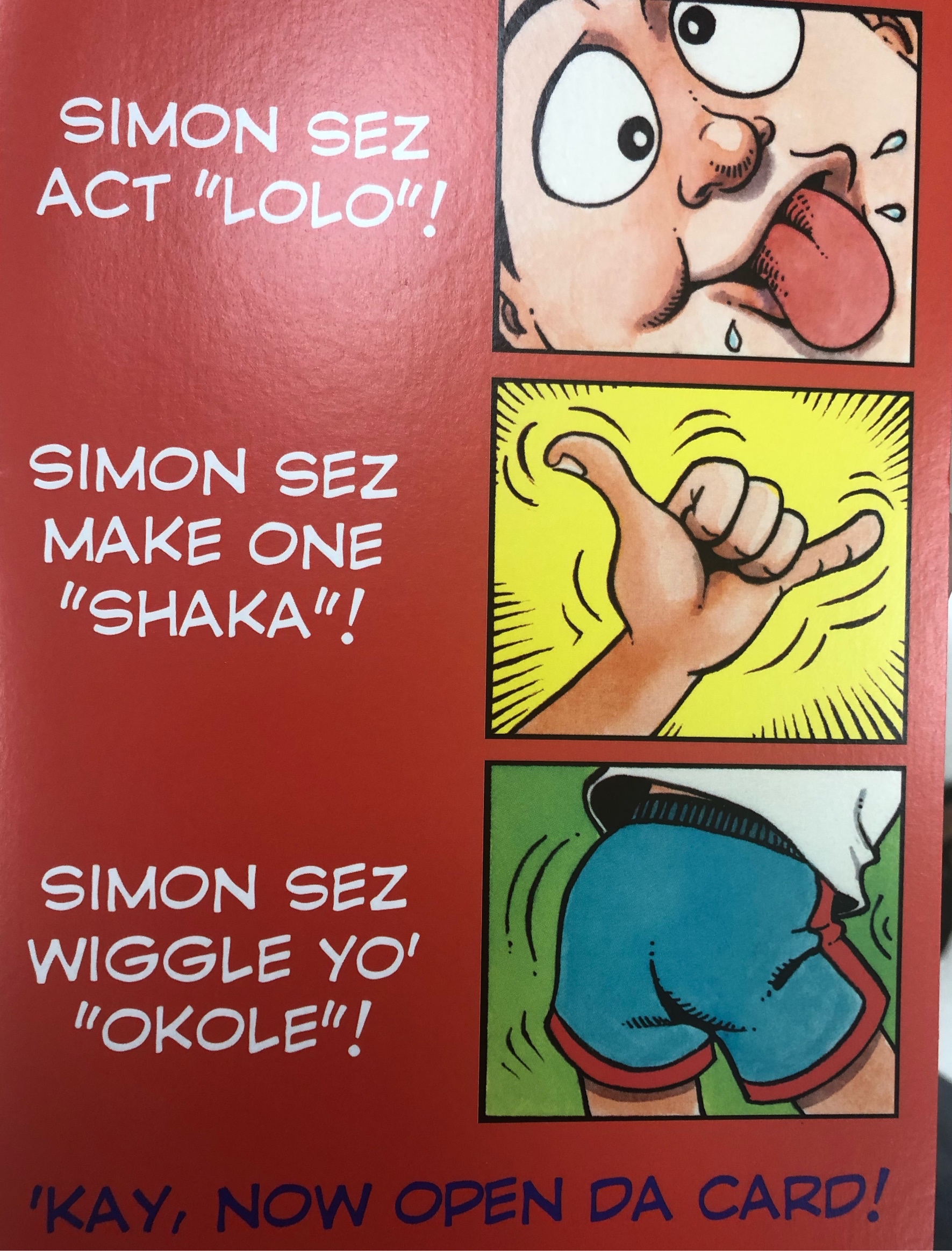
|
25088
|
|
United States
Honolulu
|
|
|
Act “lolo” can be translated to act crazy, make one “Shaka”, which means “hang loose” or the hand symbol associated with it, and wiggle yo “okole” meaning shake your butt. Lastly, “Kay, now open da card!” Translates to Okay, now open the card! This is authentic-symbolic. J.A.S
|
Multilingual Hawaiʻi
|
|
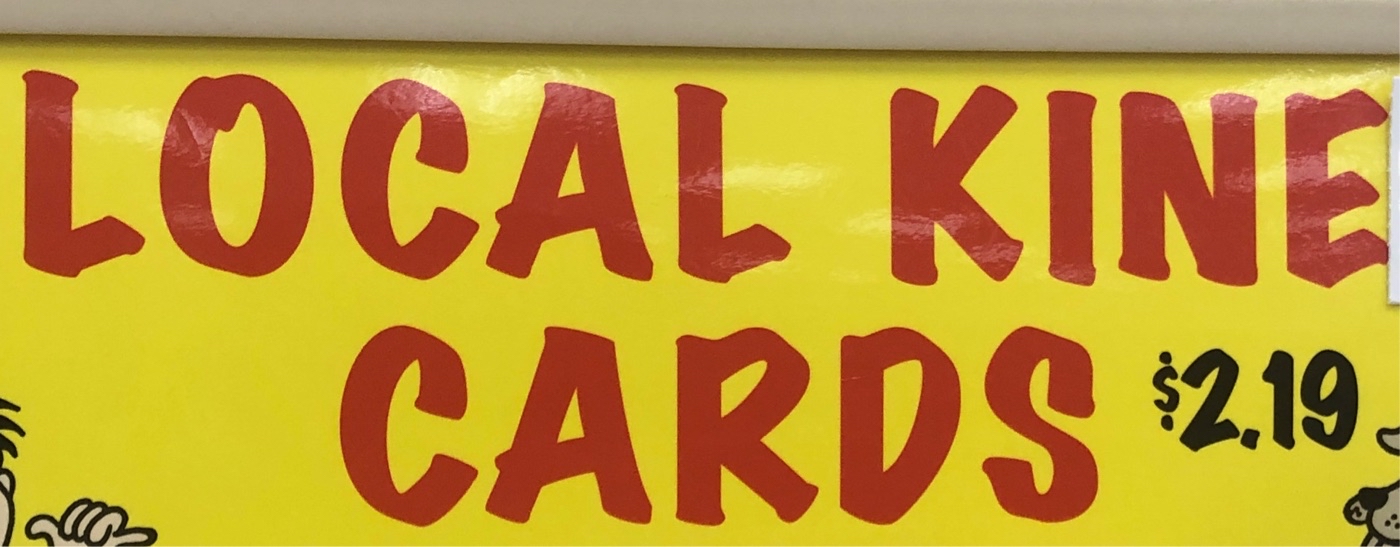
|
25087
|
|
United States
Honolulu
|
|
|
The sign says “Local Kine Cards” which translates to Local Kind Cards, referencing the language locals talk, Pidgin. This is symbolic-authentic. J.A.S
|
Multilingual Hawaiʻi
|
|
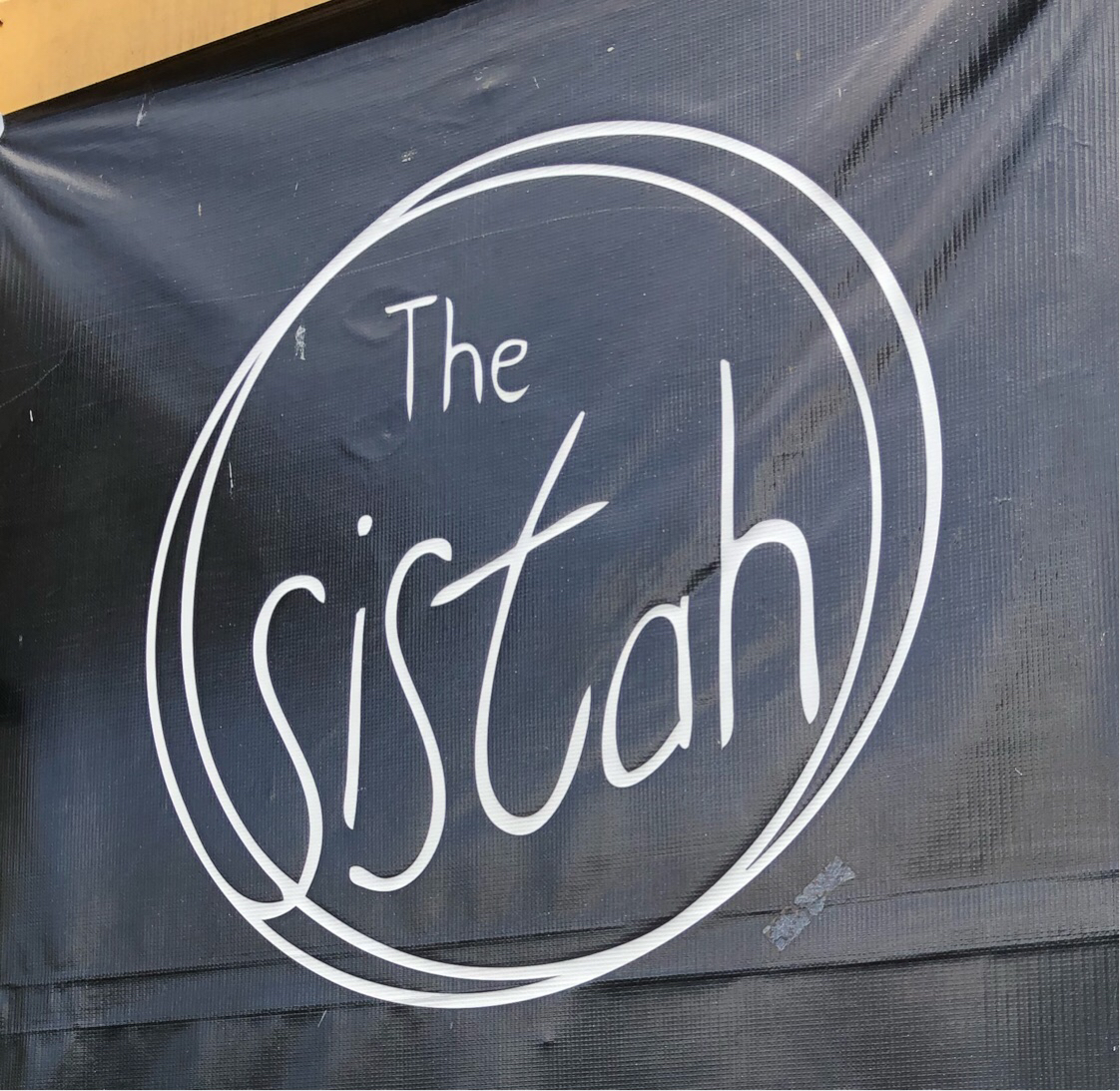
|
25083
|
|
アメリカ合衆国
Honolulu
|
|
|
This is a name of the food truck in the campus. “Sisters” means “sister” in English. This is symbolic-authentic to share a sense of “local”. SS
|
Multilingual Hawaiʻi
|
|
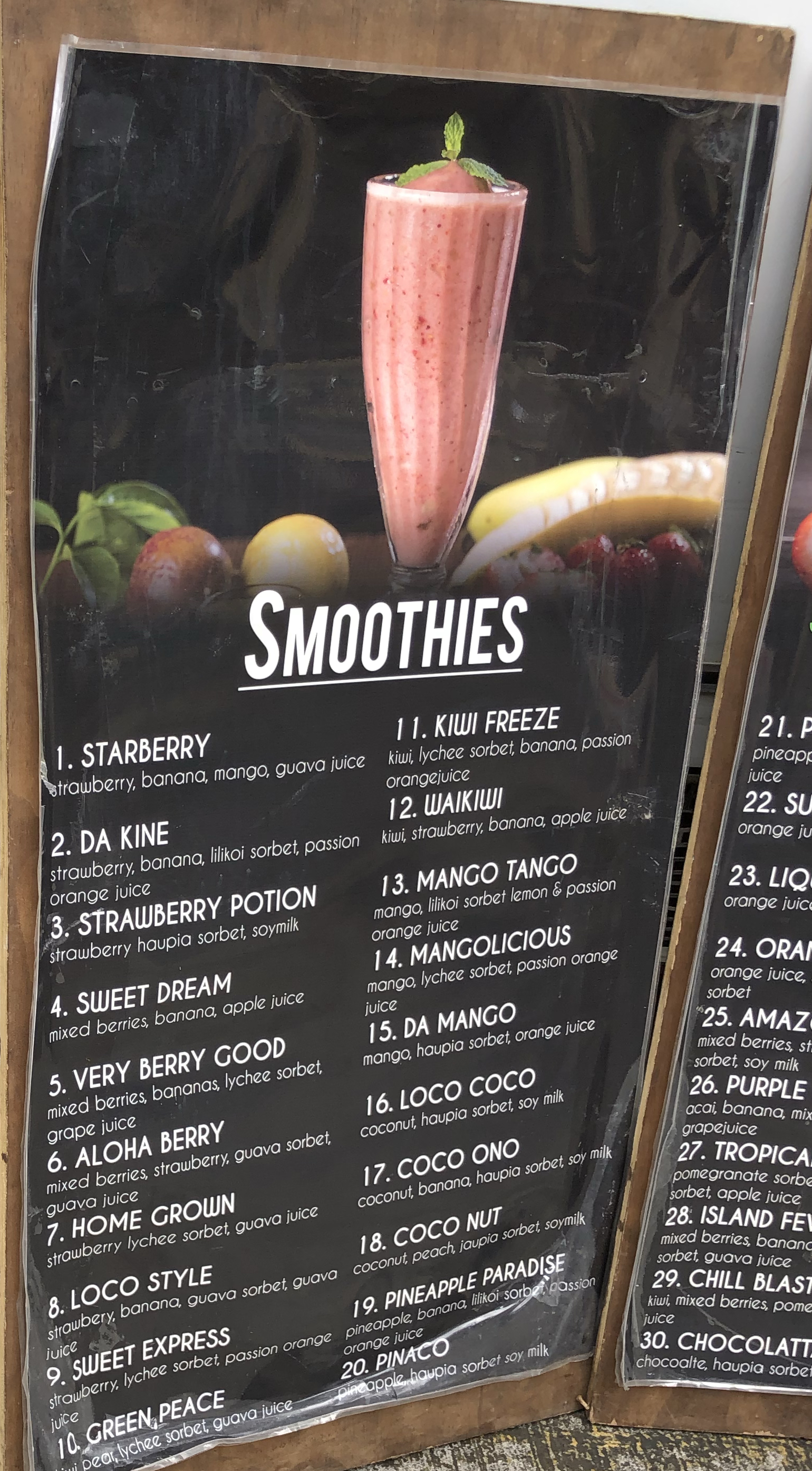
|
25082
|
|
アメリカ合衆国
Honolulu
|
|
|
This is a menu of the food truck in our campus. Basically it is written in English, but you can find some Pidgin words such as “DA KINE”. This is symbolic-authentic. SS
|
Multilingual Hawaiʻi
|
|
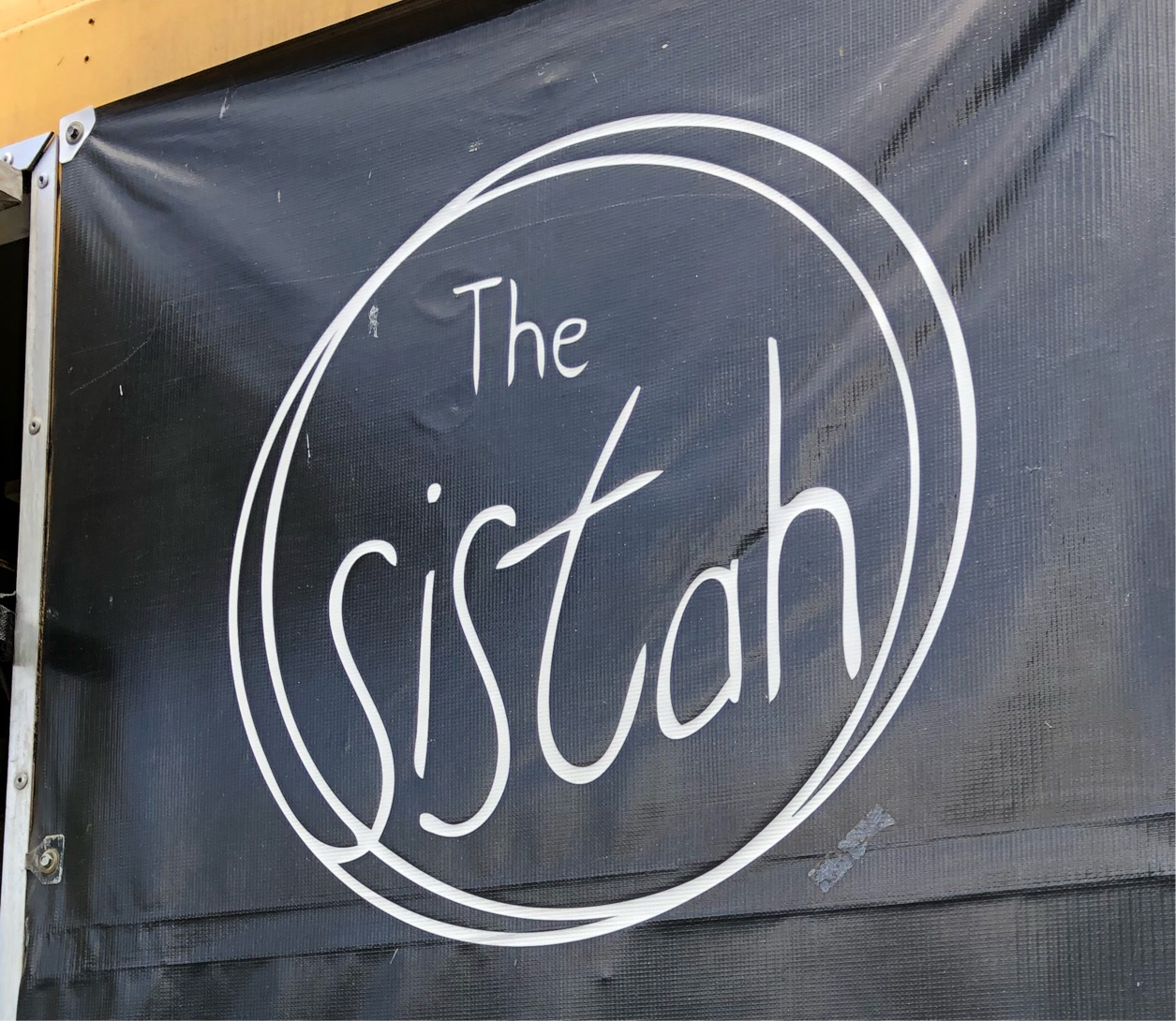
|
25081
|
|
アメリカ合衆国
Honolulu
|
|
|
This is a name of the food truck in the campus. “ sistah” means “sister”. I think this is symbolic-authentic to share a sense of “local”.
|
Multilingual Hawaiʻi
|
|
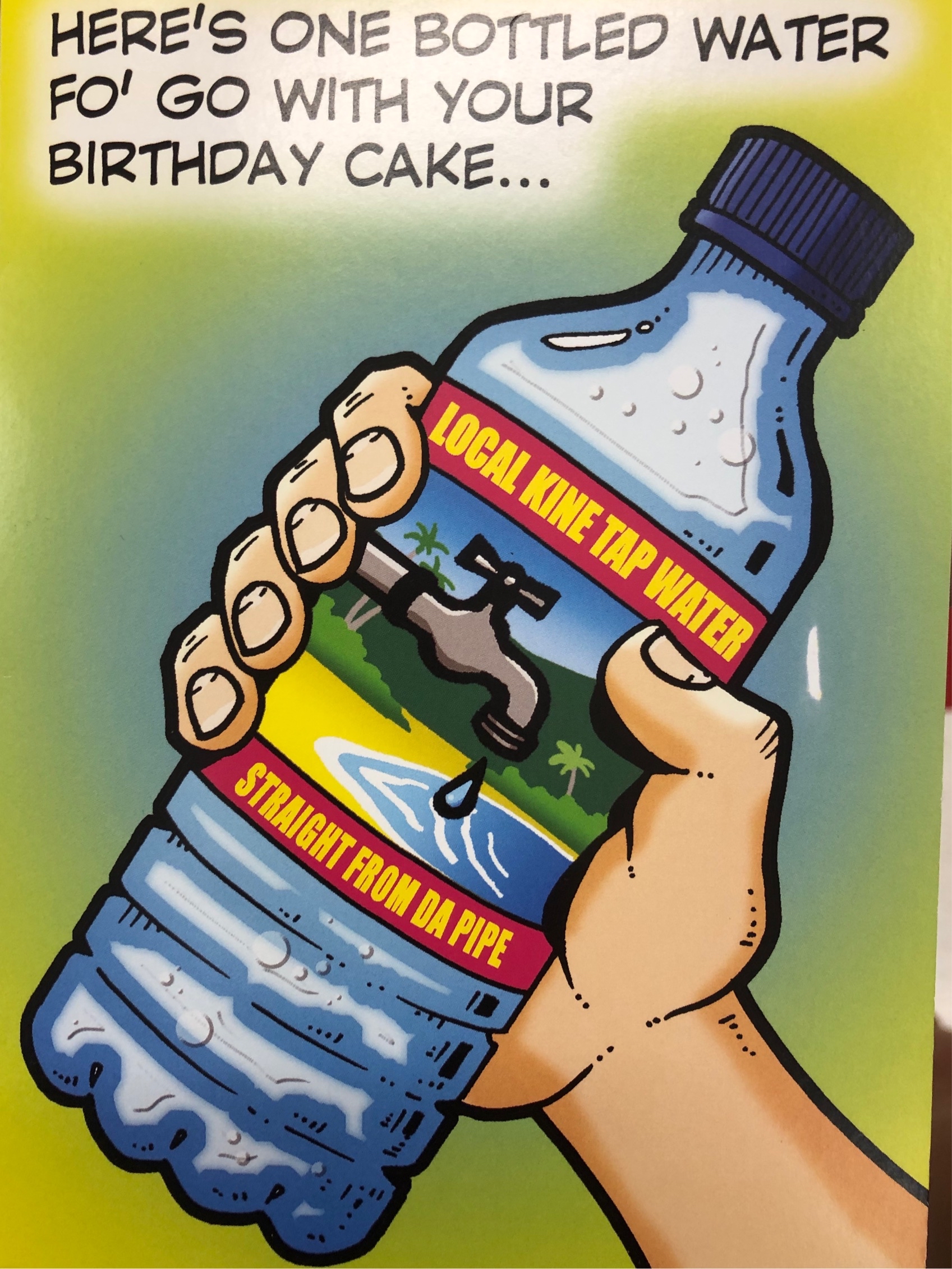
|
24957
|
|
United States
Kapolei
|
|
|
This card says “here’s one bottled water fo’ go with your birthday cake” and there is a bottle that says “local kine tap water, straight from da pipe” (hwc). The first phrase in English means here is a bottled water to go with your birthday cake. And the phrases on the bottle says local tap water, water coming from the faucet. This a humor saying that our tap water is clean so you do not need to get it from bottled water from the store. This is symbolic-authentic. R.N.
|
Multilingual Hawaiʻi
|
|
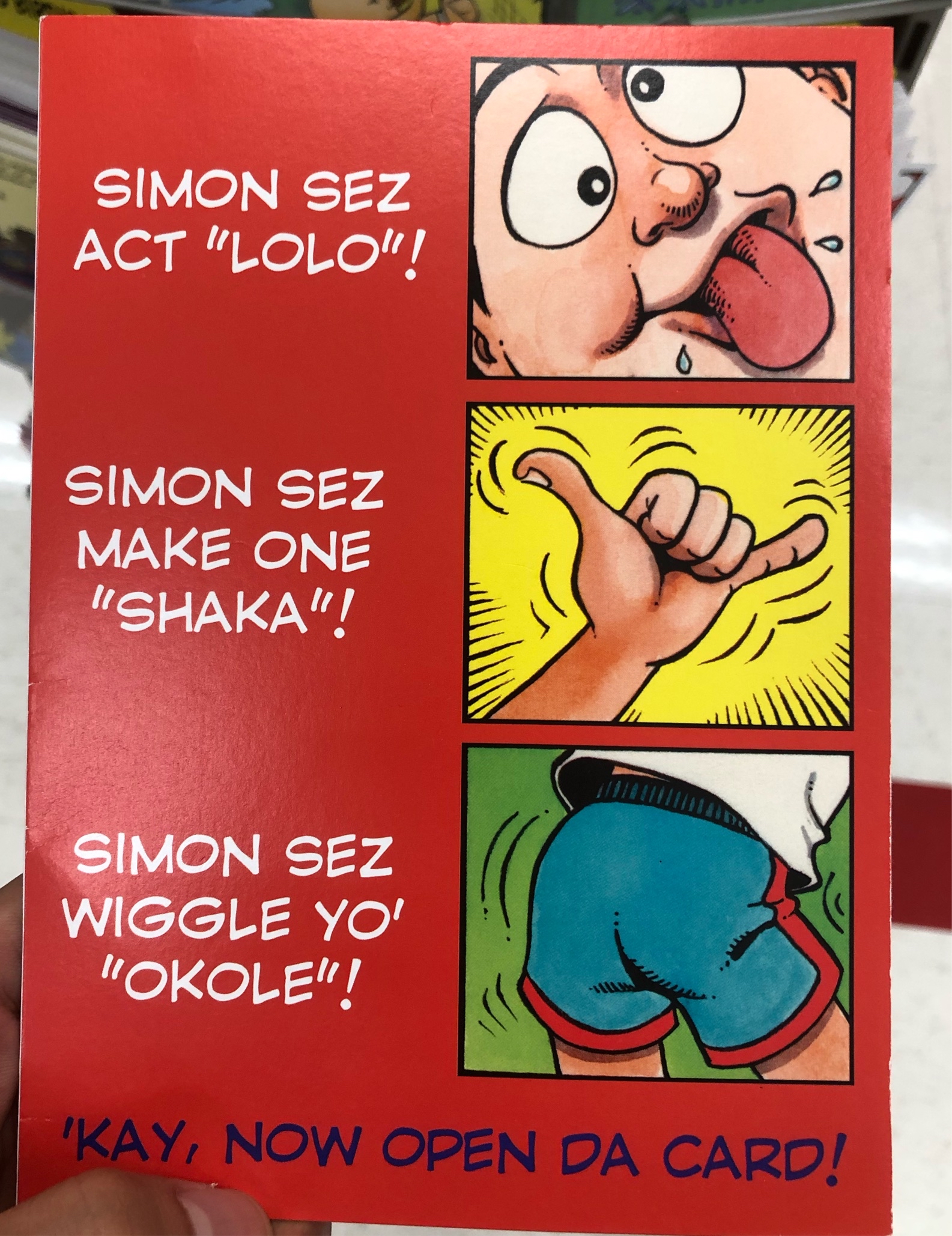
|
24956
|
|
United States
Kapolei
|
|
|
This is a card that says “Simon sez act lolo”, “Simon sez make one Shaka”, “Simon sez wiggle yo’ okole” (hwc). Lolo is Hawaiian but written as lōlō which means crazy. Sez is says in English. Yo’ is short for your. Okole is Hawaiian but normally written as ‘Okole which means butt. Shaka is a term that is a symbol of goodbye or hello. This is symbolic-authentic. R.N.
|
Multilingual Hawaiʻi
|
|